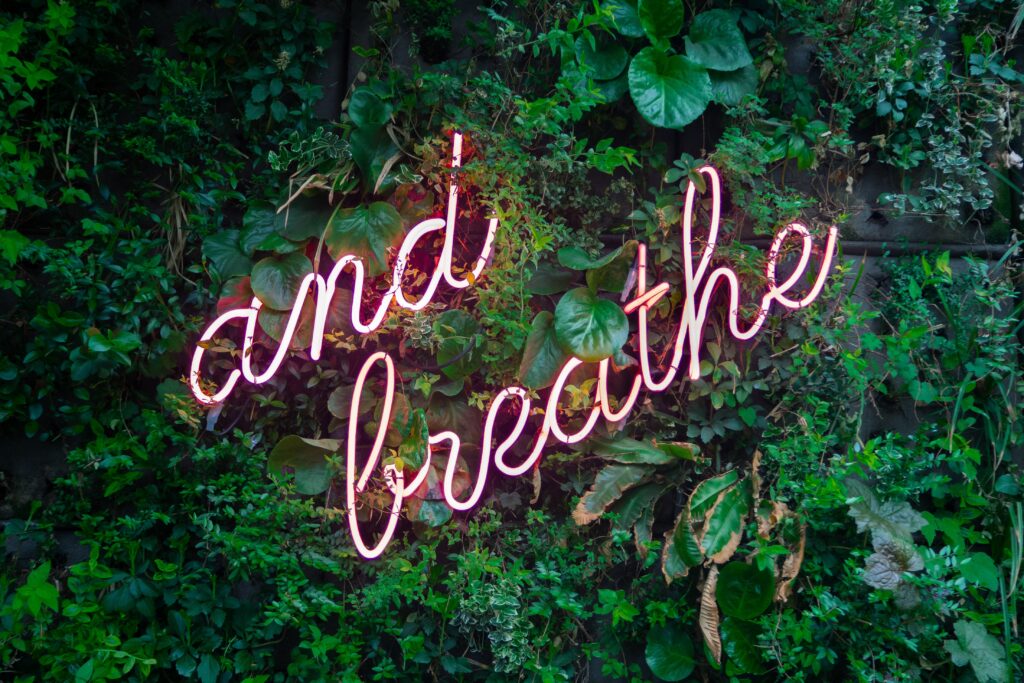For many of us, the easing of lockdown brings long overdue opportunities to see friends and family, play sports, get back to work and resume activities we’ve had to put on hold. And even though we may, for the best part, be happy about things returning to a bit of normality, there may be other things making us feel anxious.
For many others, the prospect of coming out of lockdown when there is still so much debate about whether it’s a good idea, is affecting people’s mental health.
Every persons’ situation is unique to them, but it can be very stressful and draining managing all the uncertainty.
Fear and anxiety are very common responses when faced with change and uncertainty. Don’t beat yourself up for the way you’re feeling. Instead, acknowledge how you feel, know you’re not alone and as is the case with everything, this too will pass. It always does.
Tips on coping with fear and anxiety
In the meantime, you may find these suggestions helpful to ease your anxiety as things continue to return to normal.
Focus on what you can control – worrying about things you can’t control causes more stress. Start by writing down all the things you can control and all the things you can’t. This will start to bring some awareness to whether your thoughts and emotions are based on things within your control or outside your control. For example, you can’t control what debates are happening in the media, but you can control how much time you spend watching the news and choose to keep it to a minimum if it’s making you feel anxious.
Then whenever you notice your mind going into overdrive, ask yourself “is this within my control or outside my control?” If it’s not within your control, what can you choose to do that is within your control instead? For example, if you’re out of work, you can’t control when you’ll find a job, but you can control your ability to give yourself the best chance i.e. updating your CV, applying for jobs and following up on any applications.
Ask for help – know you’re not the only person feeling like this. You may feel like a weight has lifted if you speak to someone or get some support. Also, many workplaces are allowing flexible working even if people are returning to their usual place of work. Speak to your manager if your work is being affected by fear or anxiety as they may be able to provide additional support.
Breathe – sometimes it can all feel overwhelming with so much change frequently happening, a good way to bring your attention back to the present is to focus on your breathing. Taking nice steady breaths in through your nose for a count of six seconds and out through your mouth for six seconds. Continue for a few minutes or until you’re feeling more relaxed.
Gratitude – writing down 5-10 things that you’re grateful for every day is a nice way to focus your attention on something positive rather than dwelling on all the negativities. Studies have found that it lowers stress and can improve your sleep too. Notice whether you personally did anything well that day too and jot it down as a way of congratulating yourself.
Self-care – whether self-care for you is exercise, reading a book, going out for dinner, or catching up with a friend, getting clear on what’s important to you and making time for it can really help to ease any stress and anxiety you may be experiencing.
What makes you feel good about yourself? When are those times when you’re feeling most energised and what can you do less of to give you the time to do more of what makes you feel good?
Make it a priority and schedule it into your diary will mean you’re more likely to do it.
Hopefully, that’s given you some food for thought during these uncertain times that we’re living in, but remember that as with everything, it always passes, and this too will pass. It always does.
Feel free to call me to arrange a confidential chat, +44 787 9620 459 or drop me an email through the contact page.






